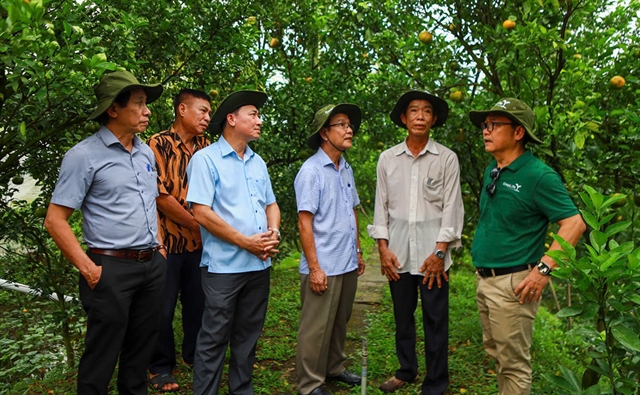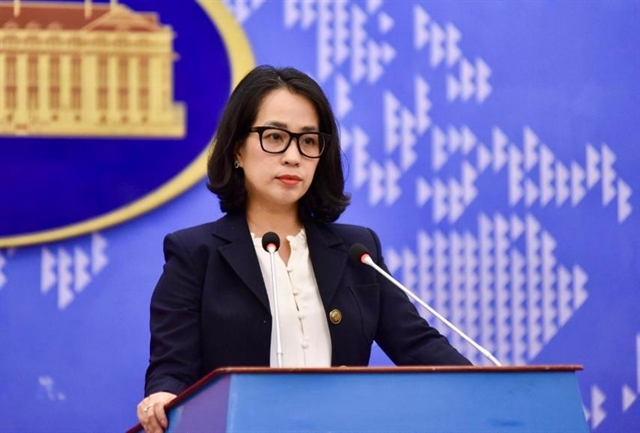 Society
Society

 |
| Party General Secretary Tô Lâm had a working session with local authorities of Đồng Tháp Province on Wednesday. VNA/VNS Photo |
ĐỒNG THÁP — Party General Secretary Tô Lâm has asked the Mekong Delta province of Đồng Tháp to lead the way in the region, building better ecological agriculture, establishing modern rural areas and improving farming by 2030.
He was speaking during a working session with local authorities on Wednesday.
Noting that Đồng Tháp Province has geographical location advantages, transport connectivity and human and labour potential, he said the province should mobilise all resources and unique strengths to make positive contributions to the overall development of the Mekong Delta region and the country.
By 2030, Đồng Tháp must develop into a leading Mekong Delta locality in agriculture’s sustainable development and the agricultural sector must serve as a pillar to support the economy.
By 2050, Đồng Tháp must become a pioneer province in innovation and economic restructuring towards modernisation, opening up opportunities for new economic sectors such as an ecological and freshwater economy, adaptive agriculture, multimodal transport and health care, he said.
To realise this vision, the Party leader told local authorities to perform well in terms of Party building, creating a streamlined, transparent and strong political system with efficient operations.
He urged local authorities to uphold the responsibility of leaders and to build a mechanism to attract talents inside and outside the province.
He also asked the locality to develop human resources with knowledge, skills and innovation.
He highlighted that the province needs to pay attention to investing in education, training, improving human capital.
Local authorities must combine indigenous resources with advanced technology, knowledge and management to elevate Đồng Tháp’s economy to higher levels along the value chain, he said.
Based on its potential and advantages, the Party chief requested that the province focus on high-tech, sustainable agriculture, sustainable tourism development and digital economic growth and innovation.
According to local authorities’ report, 100 per cent of the areas in the locality have been recognised as being new-style rural areas. The proportion of poor households has reduced to 1.08 per cent, while the province has 10.4 doctors per 10,000 people.
However, the province has five out of 15 socio-economic indicators that have not met expectations. Under the five-year plan those include Gross Regional Domestic Product (GRDP), average GRDP per person, State budget revenue growth rate and the urbanisation rate, which will miss targets.
Party General Secretary Lâm asked the province to give priority to solutions to ensure that growth goes hand in hand with environmental protection, social security and the best care for local people. — VNS




